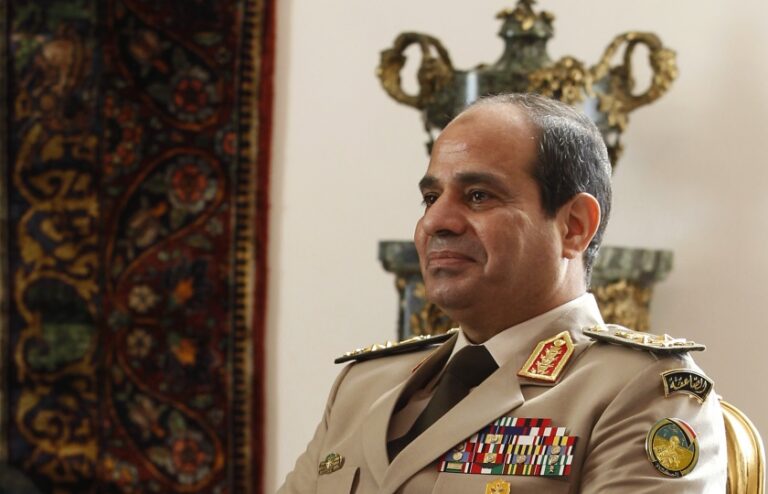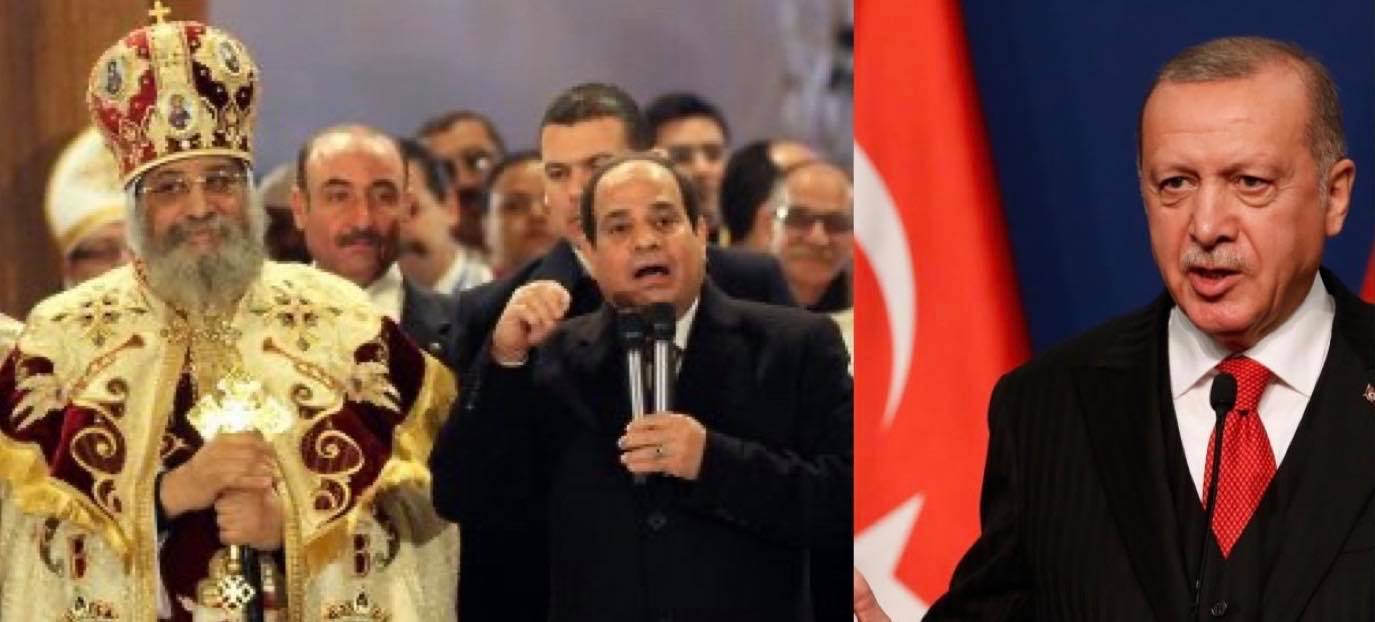Cairo does not have a good reputation in the field of antiquities smuggling, but despite this, it demanded Spain look after a pharaonic temple that the late President Gamal Abdel Nasser gave to Madrid, or to return it. The request to look after or return the Egyptian antiquities would make sense, but the problem is that the Egyptian regime itself faces accusations of not preserving antiquities. The Temple of Debod, donated to Spain during the construction of the Aswan Dam, has once again sparked controversy over the right of regimes to give antiquities as gifts. The temple was originally erected 15 kilometres south of Aswan in Upper Egypt, in the early second century BC, and built and decorated in a similar design to the Meroitic chapel on which the Temple of Dakka is based. Later, during the reigns of Ptolemy VI, Ptolemy VIII, and Ptolemy XII of the Ptolemaic dynasty, it was extended on all four sides to form a small temple, 12 by 15 metres. The Roman emperors Augustus and Tiberius completed the interior. Therefore, it is a rare temple of its kind, because a number of Egyptian historical eras overlapped and influenced its construction and decor.
The former Minister of Antiquities, Zahi Hawass, has said: “If it is not covered and protected, the temple would have to be returned to its country of origin.” Two decades ago Hawass claimed he contacted the British Museum for the restitution of the famous Rosetta Stone, but that he didn’t receive a response. “The temple was offered to the Spanish people on the condition that it is visible and accessible,” Minister Khaled el-Enany said. He added: “We offered the Temple of Debod to Madrid, and we have full confidence that the Spanish government, which has shown plenty of respect for historical heritage, will take all measures in order to protect this monument in the best way for the enjoyment of future generations and all of humanity.” Opponents do not argue over whether the Temple of Debod is being neglected or not, but they see the Egyptian regime’s demands as an attempt to divert attention from its crimes and neglecting the Egyptians’ antiquities.
Experts in international law doubted whether it’s the Egyptian regime’s right to claim its property because Spain did not violate the agreement of the temple, and kept it “visible and accessible.” Others say that it would seem inconceivable that a country like Spain, of great culture and civilisation, would not protect the temple of Debod from destruction. During the past few years, the Egyptian regime has faced repeated criticism for its handling of Egyptian antiquities. Activists on social media have posted videos and pictures of antiquities being lifted and handled using building and construction equipment, which is not specialised for lifting and transporting antiquities. The smuggling of large quantities of antiquities has also been revealed more than once, and other antiquities have appeared in auctions and museums held outside Egypt, which has sparked widespread controversy over how they were smuggled. Egyptian activists say that demanding to look after Egyptian antiquities abroad or returning them is fine, but Egypt should first look after antiquities at home and prevent them being smuggled.





Recent Comments